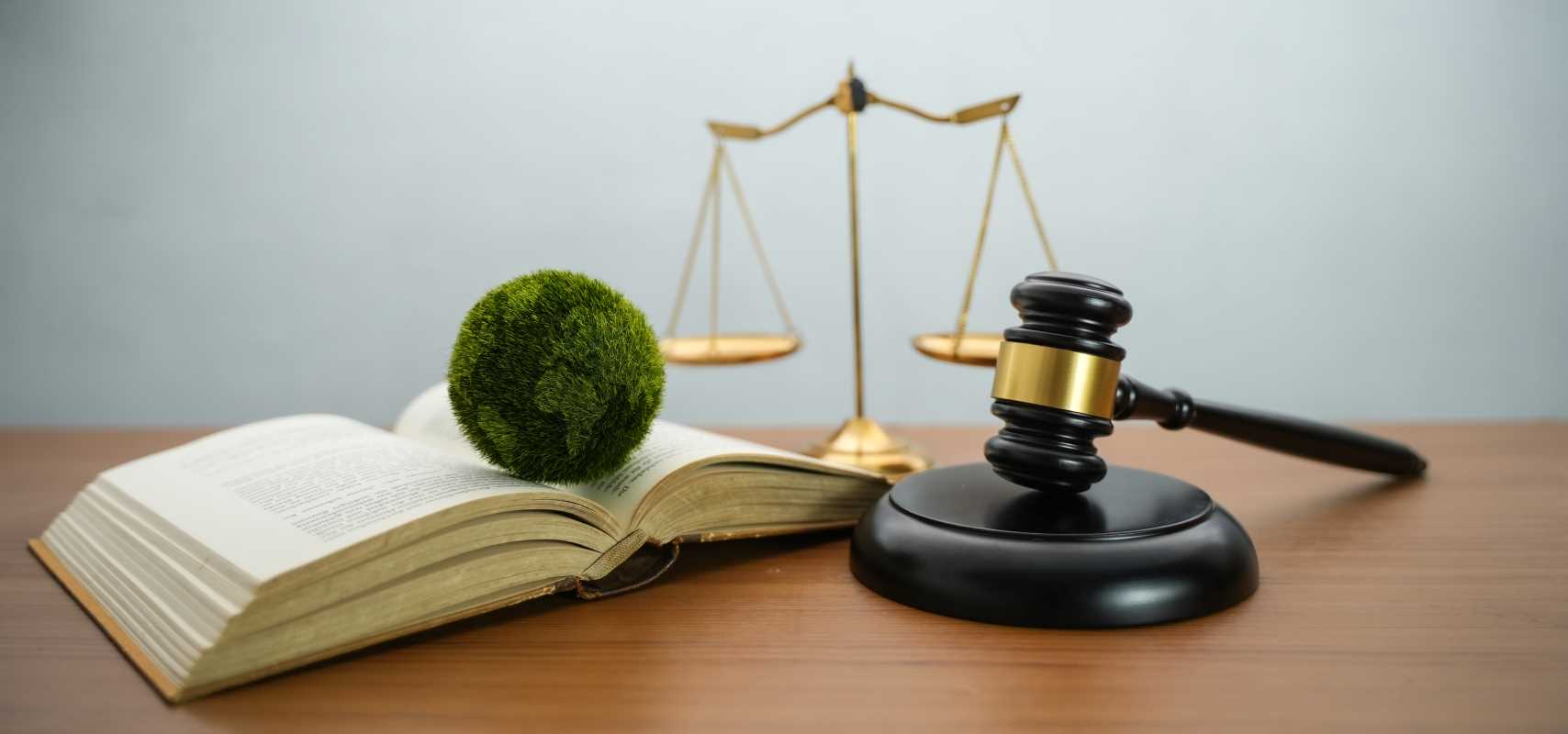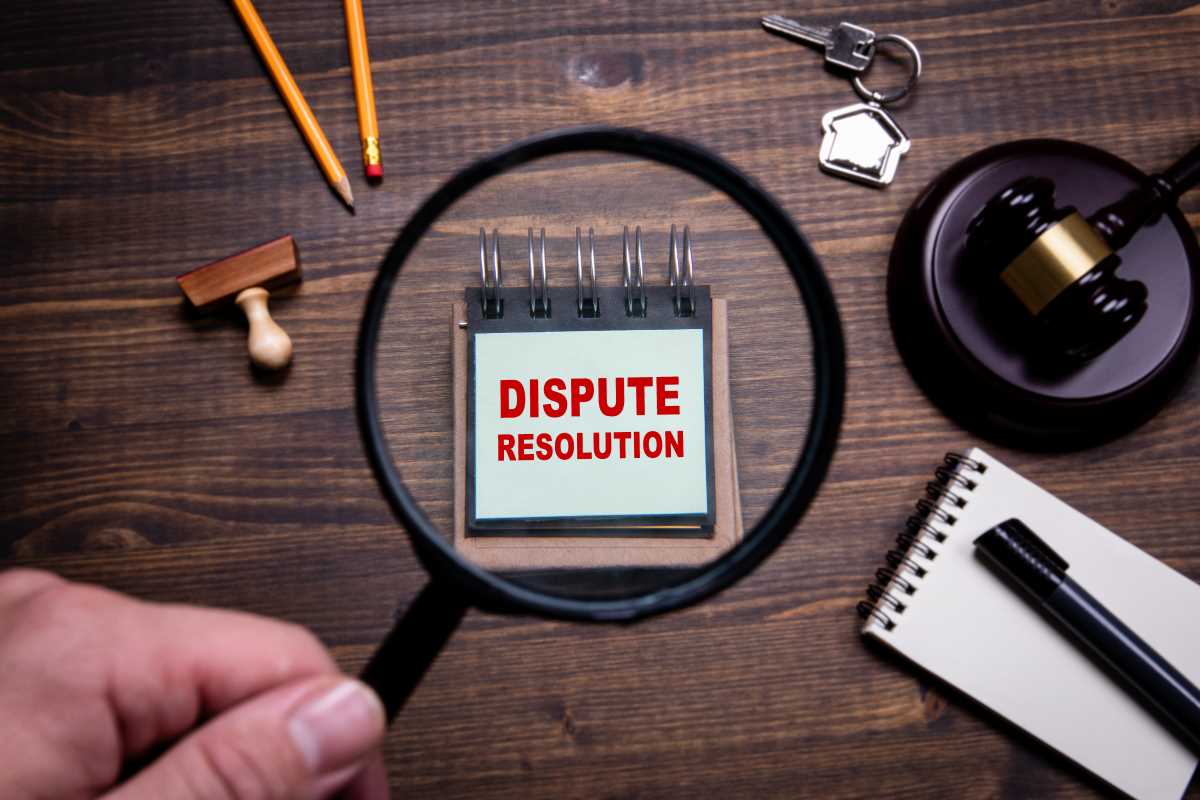Pursuing a collection of items that resonate personally offers a truly enriching experience. Whether your heart lies in the world of rare stamps, vintage comics, or antique furniture, grasping the legal intricacies of your cherished hobby is key to safeguarding and preserving the worth of your collection. Though the legal landscape might initially appear intimidating, acquiring the right insights can empower you to pursue your passion with assurance and peace of mind. Armed with the correct information, you can not only protect your treasures but also enhance your enjoyment of this fulfilling pursuit, allowing your collection to flourish and remain a source of joy.
From understanding ownership rights to navigating complex import regulations, several legal essentials every collector should know exist. This guide breaks down these key areas in a simple, straightforward manner, providing you with practical tips to safeguard your treasured items and make informed decisions in your collecting journey.
Understanding Ownership and Provenance
Knowing who truly owns an item and its history is crucial for any collector. Clear ownership rights prevent future disputes and ensure that your collection stays legitimate.
Provenance refers to the documented history of an item, detailing its origin and ownership over time. Establishing provenance enhances the value of your collection and assures authenticity.
- Ownership Rights: Verify that the seller has the legal right to sell the item. Request original receipts or certificates of authenticity to confirm ownership.
- Provenance Verification: Research the item's history using reputable sources. Provenance documents, such as auction catalogs or previous ownership records, provide valuable insights.
- Fraud Prevention: Be cautious of items with unclear or dubious provenance. Authenticating through professional appraisers helps avoid counterfeit pieces.
Legal Considerations for Buying and Selling
Engaging in the buying and selling of collectible items involves several legal steps that protect both parties involved in the transaction.
- Contracts and Agreements: Always use written contracts when buying or selling high-value items. Clearly outline terms, conditions, and any warranties to prevent misunderstandings.
- Tax Implications: Be aware of any taxes that may apply to your transactions. Consulting with a tax professional helps you understand obligations related to capital gains or sales tax.
- Regulatory Compliance: Verify that your transactions comply with local and international laws, especially when dealing with restricted or endangered items.
- Dispute Resolution: Establish a clear process for handling disputes, including mediation or arbitration clauses in your agreements.
Intellectual Property and Copyright Laws
Many collectibles, especially those involving creative works like art, literature, and media, receive protection from intellectual property laws. Understanding these laws helps you respect creators' rights and avoid legal pitfalls.
Copyright laws grant creators exclusive rights to their works, which means unauthorized reproduction or distribution can lead to legal consequences. As a collector, being aware of these rights ensures that your acquisitions remain lawful and ethically obtained.
- Fair Use: Familiarize yourself with the concept of fair use, which allows limited use of copyrighted material without permission under specific circumstances.
- Licensing Agreements: When reproducing or displaying certain items, securing the appropriate licenses protects you from infringement claims.
- Digital Rights: With the rise of digital collectibles, understanding digital copyright laws is essential to protect your virtual assets.
Navigating Import and Export Regulations
Collectibles often cross international borders, making it vital to understand import and export regulations to avoid legal issues and ensure smooth transactions.
Each country has its own set of rules governing the import and export of collectible items. These regulations can include restrictions on certain types of items, required documentation, and applicable duties or taxes.
- Customs Declarations: Always declare your items accurately to avoid fines or seizure. Provide detailed descriptions and appropriate valuation of your collectibles.
- Restricted Items: Some items, such as antiquities or endangered species products, may be restricted or require special permits. Research the regulations of both the exporting and importing countries before proceeding.
- Shipping Documentation: Prepare all necessary paperwork, including invoices, certificates of authenticity, and provenance documents, to facilitate smooth customs clearance.
Insurance and Liability for Collections
Protecting your collection through adequate insurance coverage remains essential to safeguard against potential risks such as theft, damage, or loss.
Different types of insurance policies cater to various aspects of collecting, ensuring that your investment stays secure regardless of unforeseen circumstances.
- Appraisal: Regularly appraise your collection to determine its current market value. Accurate appraisals remain necessary for adequate insurance coverage.
- Policy Selection: Choose an insurance policy that specifically covers collectibles. Standard home insurance may not provide sufficient coverage for high-value or unique items.
- Liability Coverage: If you lend your items for exhibitions or display them publicly, liability coverage protects you against potential claims arising from such activities.
Handling Disputes and Legal Challenges
Disputes can arise in the collecting world, whether it's over ownership, authenticity, or contractual disagreements. Knowing how to handle these challenges legally ensures that you can resolve issues effectively.
Proactive measures and understanding your legal rights can reduce the impact of disputes on your collection and peace of mind.
- Mediation and Arbitration: Engage in mediation or arbitration before pursuing litigation. These methods can provide faster and less costly resolutions.
- Legal Representation: Having access to a lawyer experienced in property and collection laws offers guidance and representation during disputes.
- Documentation: Keep thorough records of all transactions, communications, and provenance documents. Well-organized documentation can serve as crucial evidence in resolving disputes.
Ethical Considerations in Collecting
Beyond legal requirements, ethical considerations play a significant role in the realm of collecting. Acting ethically preserves the integrity of your collection and respects the broader cultural and historical contexts of the items you acquire.
Ethical collecting involves respecting the origins of items, ensuring that they are not stolen, illicitly traded, or obtained through exploitative means. This commitment upholds the value and authenticity of your collection while contributing positively to the collecting community.
- Respect Cultural Heritage: Avoid collecting items that are culturally sensitive or have significant historical importance unless you have the proper permissions and provenance.
- Avoiding Exploitation: Ensure that your collecting practices do not support illegal activities, such as trafficking in endangered species or looted artifacts.
- Transparency: Be honest about the origins and authenticity of your items. Transparency builds trust within the collecting community and with potential buyers.
Collectors can safeguard their investments and enjoy their hobby by following legal essentials and respecting others' rights. Seek professional legal advice for confident navigation of collecting complexities.
 (Image via
(Image via





